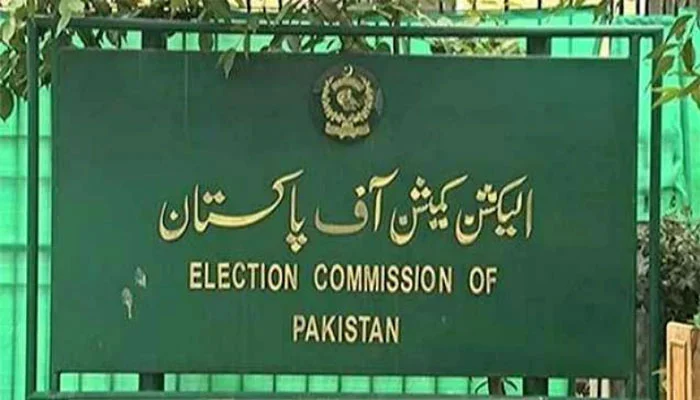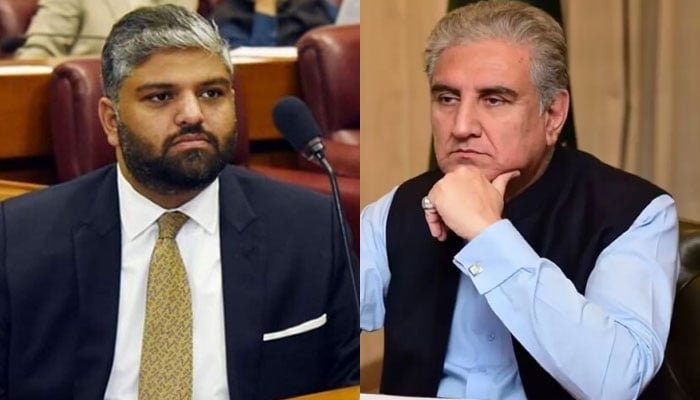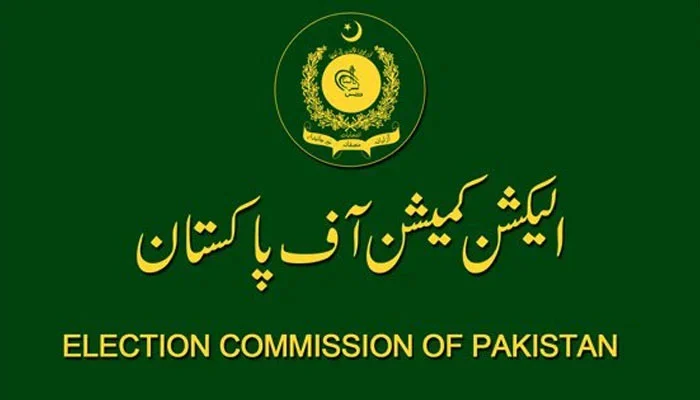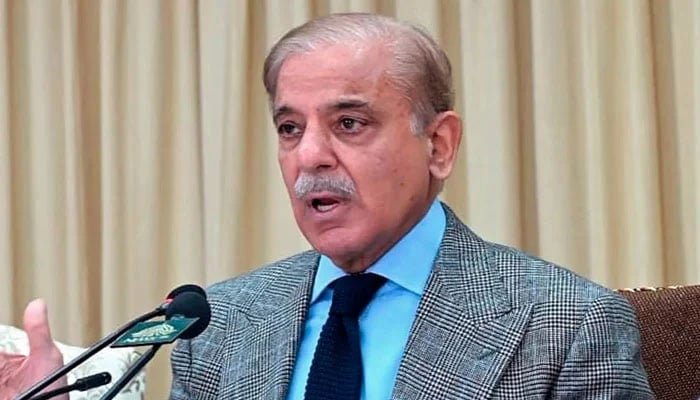Islamabad (Farooq Akdas), the Election Commission has extended a consultative invitation, excluding the leaders of any political group.
According to reliable sources, it has been revealed that the Election Commission has drafted lines of communication to engage the leaders of major political parties in the country for consultation on the electoral schedule and dates with regard to upcoming elections.
These lines of communication state that Shehbaz Sharif, Asif Ali Zardari, Fazlur Rehman, and Imran Khan are requested to participate in the consultation in person or send their representatives.
As per the sources, no head of any political group will personally partake in this consultation; instead, representatives of the respective parties’ leadership will attend. It’s worth mentioning here that for participatory consultation, the head of the Jamiat Ulema-e-Islam, Maulana Fazlur Rehman, and the Chairman of the Pakistan Tehreek-e-Insaf, Imran Khan, have been simultaneously invited on the same day, August 24th.
This approach signifies a significant attempt to engage the major political parties in Pakistan in a consultative process for important electoral decisions. The decision to exclude the leaders themselves and involve their representatives could potentially reduce direct confrontations and facilitate more focused and result-oriented discussions. The simultaneous invitation to Maulana Fazlur Rehman and Imran Khan highlights the significance of their roles in the political landscape and their input towards shaping the electoral schedule.
By avoiding the direct involvement of party leaders, the Election Commission might be aiming to create a more neutral and collaborative atmosphere, enabling diverse perspectives to be presented without the immediate influence of party biases. However, this approach also raises questions about the effectiveness of such consultations if the principal decision-makers are not directly engaged.
This move by the Election Commission showcases an attempt to foster a cooperative and inclusive environment in the decision-making process related to elections. It remains to be seen how the leaders’ representatives engage in these consultations and whether this strategy leads to more streamlined and agreeable electoral arrangements. As Pakistan moves forward with its democratic processes, this consultative approach marks a unique step towards ensuring broader representation and consensus-building within the political landscape.



